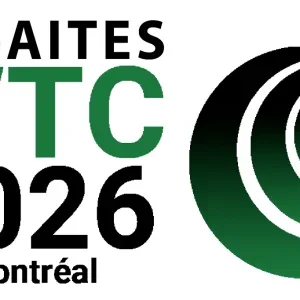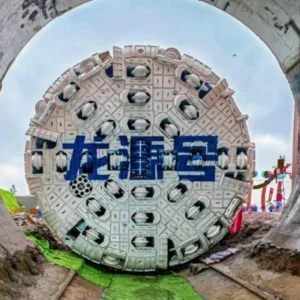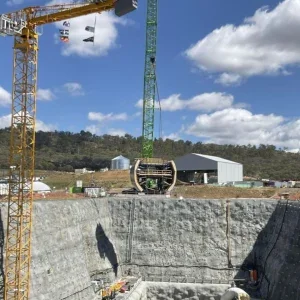On New Zealand’s Central Interceptor project, Ghella is using three on-road electric tipper trucks, while in Norway, the Ghella-AF Gruppen JV constructing Oslo’s Clean Water Tunnel has introduced the country’s first electric dump trucks.
Ghella says electrification is a key lever in its ESG strategy, particularly in countries where the share of renewables in the grid is high, making the shift to electric vehicles particularly effective in reducing emissions.

The e-trucks working on Auckland’s Central Interceptor have been transporting excavated material from tunnel and shaft sites to Puketutu Island.
Each truck can transport up to 13 tonnes of material and travel 200km on a single charge. Ghella says that in the nearly 12 months the fleet has been used, 83 tonnes of carbon emissions have been saved, nearly 40% higher than expected.
“These electric trucks represent a significant step forward in reducing carbon emissions in construction,” said Ghella. “Other benefits include fewer particulates going into the atmosphere, lower maintenance requirements of electric engines and a better air quality in the underground working environment through emission reduction from combustible engines in the tunnels.”
In Oslo, the electric dumpers transport rock inside the tunnel system. Electric wheel loaders and an electric grader are also in operation on the Clean Water Tunnel project. The grader is the first of its kind in the world. In addition, electric locomotives will be used to move materials, tunnel segments and personnel to the TBM.
Ghella says the use of electric vehicles in the tunnel reduce power consumption of the fans and the risk of fire.







